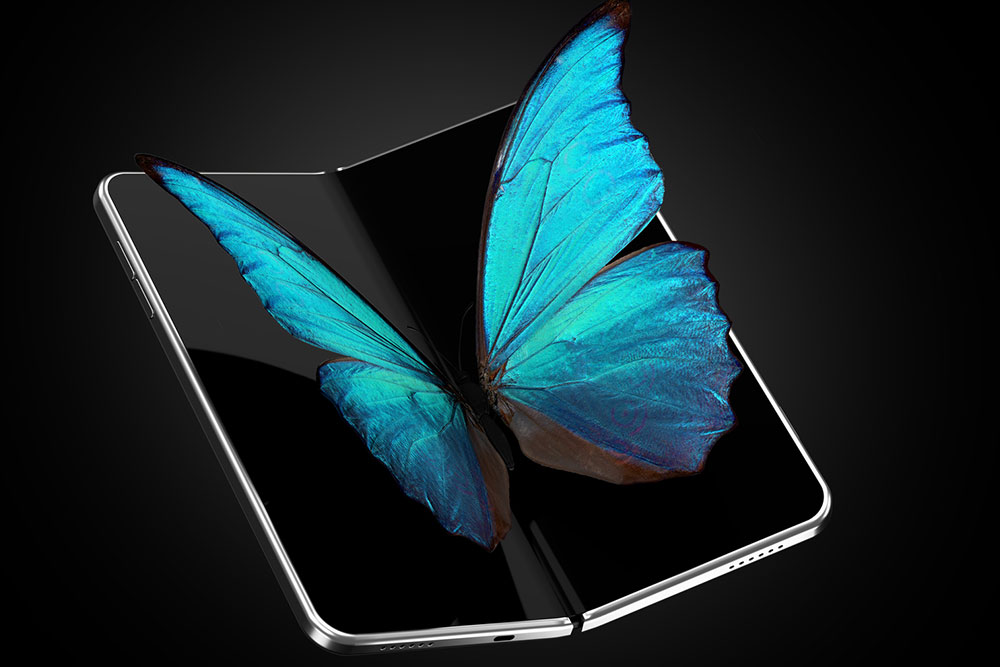8 credit card habits to avoid

Credit cards are one of the most convenient and user-friendly financial tools available. They are a boon when making purchases, offering flexibility and rewards. They are also a great tool in times of urgent monetary needs when a person is out of cash. However, using credit cards also comes with some pitfalls. Many people have certain credit card habits that can put them into financial difficulties. Here are some common credit card habits that one must avoid.
Not making timely payments
When it comes to credit card usage, one of the biggest mistakes people make is missing out on timely payments. Whether it is due to not keeping track of the due date or being low on funds at the time, the habit of not making timely credit card payments can have a lot of negative consequences. Firstly, it can result in hefty penalties or increased interest rates. Secondly, it can also negatively impact the person’s credit score. Hence, it is important to keep track of the due date and ensure that sufficient funds are available for payment when the date is nearing.
Not viewing the billing statement before payment
Many people tend to skip going through their billing statements before making credit card payments. This can be a costly mistake as it can lead to missing any fraudulent or unauthorized transactions, as well as billing errors that may have occurred. Consequently, the individual may end up paying for these errors out of their own pocket. Furthermore, not reporting the fraudulent transactions can allow the offenders to continue their actions without being brought to justice. It is essential to review credit card billing statements carefully to avoid any potential problems.
Maxing out the card
Many individuals also have a habit of maxing out their credit card, meaning using all the credit amount available on the card. While this may seem harmless, it can actually be detrimental to the user. Using the credit card to the maximum limit can lower the individual’s credit score. Moreover, if this happens for multiple months, the credit score can be lowered significantly. This is because it conveys to the creditors that the user is heavily reliant on credit. There is a solution in this case if the person is able to pay their bills on time without any issues. If their expenditures amount to said credit amount every month, they can simply request an increase on their credit limit from the credit card company.
Overspending
Due to their flexibility and convenience, it is easy to get carried away with using credit cards. Eventually, one may find themselves overspending continuously with their credit card. If an individual keeps spending more than they can afford, they may find themselves low on funds. In due course, this can also lead them into debt and missing out on timely payments, all of which will only worsen their financial situation. Hence, one must be disciplined when it comes to using credit cards. To avoid overspending, they must set a budget, stick to it, and keep track of their expenses.
Paying only the minimum amount due
Credit card payments have an option where, if the user cannot afford to make the complete payment, they can pay the minimum amount to avoid penalties. This option may seem like a convenient way to avoid penalties, but it can be harmful to an individual’s financial situation in the long run. Making only minimum monthly payments can lead to interest accumulation, making it even harder to pay off the debt. Additionally, consistently paying only the minimum amount can negatively impact one’s credit score. A better solution would be to pay the total amount due whenever possible. This approach will help one avoid accumulating debt and improve credit score over time.
Taking out cash advances
Credit cards are great in situations when one needs cash but does not have it, as they allow cash withdrawal against the credit limit. This is called a cash advance. While this is a great option in times of urgent need, it must only be reserved for such situations. This is because upon taking out cash advances, interest starts accruing immediately on the amount withdrawn. Unlike for purchases made with a card, cash advances do not have a grace period (a period where one can avoid paying interest on the amount spent).
Closing old credit cards
Often, when one discovers a better credit card with better rewards, they close their old credit card account. While this may seem like a harmless thing to do, it can actually impact a person’s credit score negatively. This is because a good fraction of their credit score depends upon the average age of their accounts. The higher the average age, the better their score can be. For instance, if someone has two credit card accounts, one of which is 4 years old and the other is 2 years old, the average age of their accounts is 3 years. If they close the 4-year-old account, the average age of their accounts will drop to 2 years since only the 2-year-old account will remain active. Therefore, it is not advisable to close credit card accounts, especially the old ones, if one wants to maintain a high credit score.
Applying for too many new cards
Last but not least, another habit that credit card users need to drop is applying for too many credit cards, too often. The allure of new cards, their rewards, and their bonuses often leads people to apply for multiple credit cards over a short period of time. This creates multiple inquiries in that short time period, which can significantly lower the credit score. Hence, it is important to apply for a card strategically and keep a gap of at least 6 months before applying for a new card.









